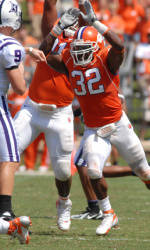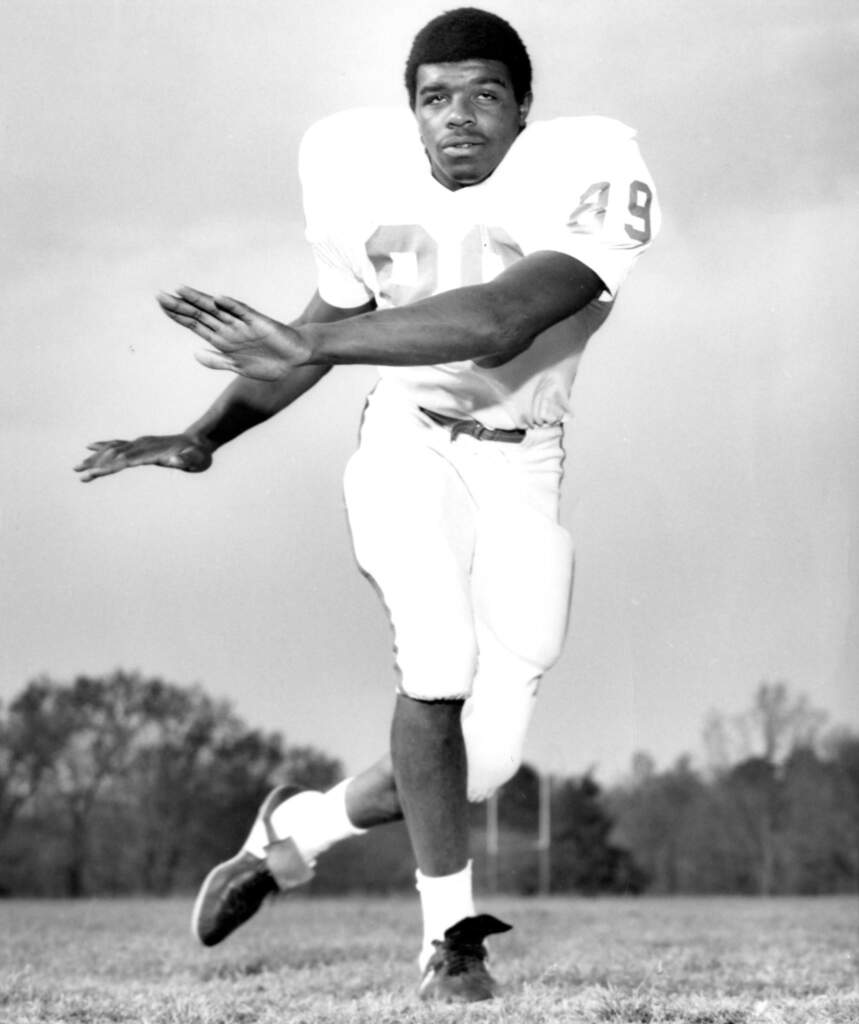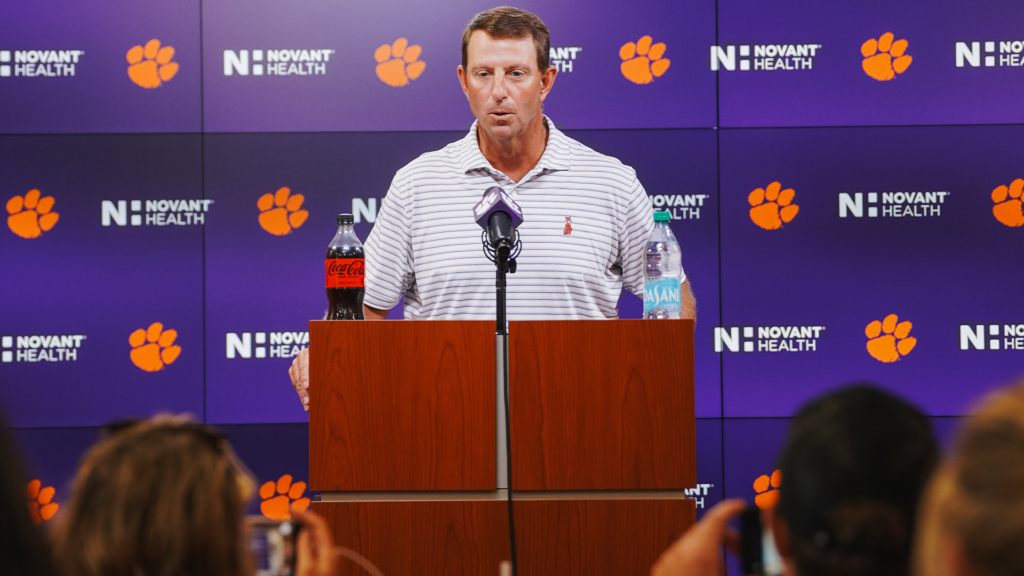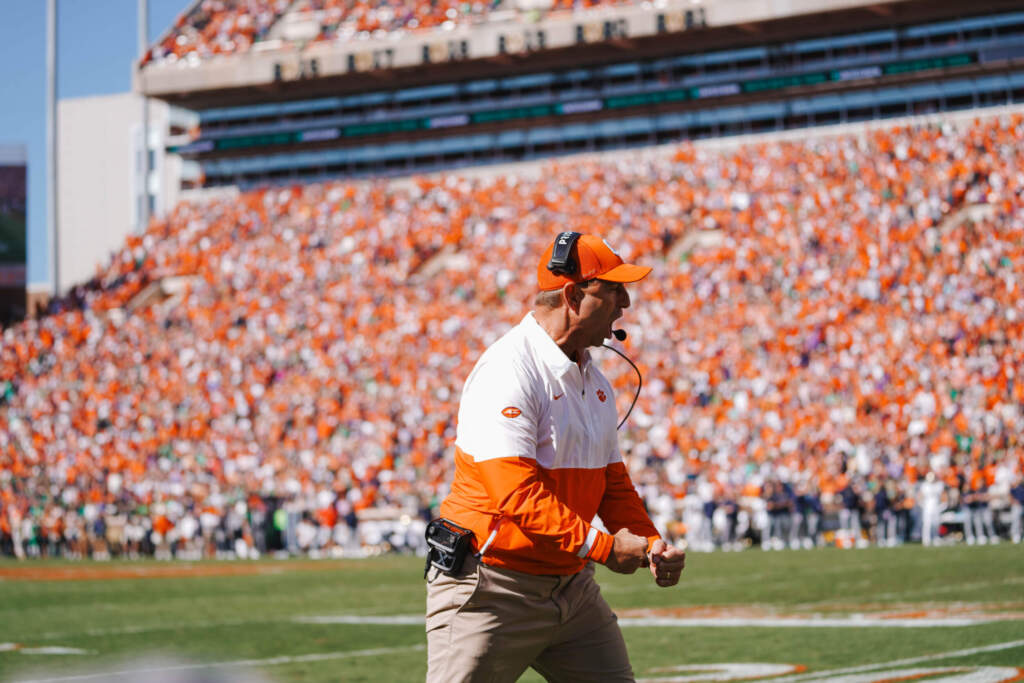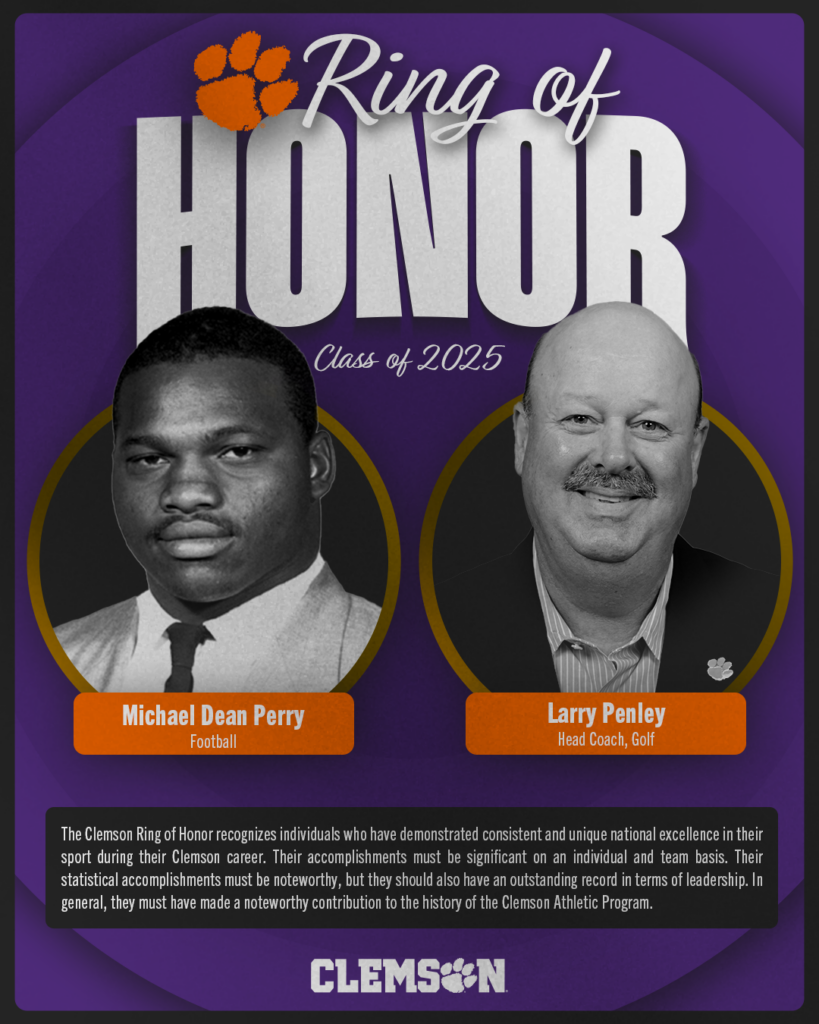Oct. 3, 2007
By Ashley Earle
Martin Luther King, Jr. once said, “The ultimate measure of a man is not where he stands in moments of comfort and convenience, but where he stands at times of challenge and controversy.”
His words still ring true today.
Many people deal with setbacks and tragedies, but it is how they handle the situation that matters the most. Case in point, Ohio State Assistant Coach Joe Daniels was diagnosed with cancer prior to the 2006 season. Despite the diagnosis, Daniels continued to work and did not miss a single practice during that season. He is currently being treated for his disease, but he has not let that deter him from the game of football.
Born to a Korean mother and African-American father, Super Bowl XL MVP Hines Ward dealt with racism in South Korea. Ward’s parents endured discrimination due to their bi-racial relationship and bi-racial son. Consequently, his parents moved the family to the United States when Ward was one-year-old. Ward did not let his native country’s feelings distract him from becoming an All-Pro wide receiver. After winning the Super Bowl with the Steelers in 2006, he returned to South Korea and looked to change its social views.
Coach Daniels and Ward are just two of many people who have overcome setbacks and controversies. Clemson senior linebacker Nick Watkins is another. Watkins lost his older brother during his red-shirt freshman year, and the following year, the native of New Orleans, LA lost his home during Hurricane Katrina. Yet despite those tragedies, Watkins remains optimistic and more determined to succeed in football.
Watkins’ brother David was eight years older than him. As a result, David was his idol from an early age. An avid football player who signed a Division I scholarship out of high school, David loved everything about the sport. So, Watkins does not remember a time when football was not part of his life, because David was always either outside playing football with friends, watching football on the television, or playing organized football.
“I started playing football when I was five-years-old,” reflected Watkins. “It was little league football and my first position was center. My older brother influenced me to play football. He was 13 at the time and had been playing for years, so I wanted to be like him. People started noticing me a year later when I moved to tight end when I was in little league.”
And notice they did. Even at the age of six, people could see his effort and desire. After all, he had a great role model in his brother David. With encouragement from coaches and family, Watkins continued to play every year, and four years after his first football game, he moved to defense.
“I began playing defense when I was nine,” recalled #32. “I was still in little league and the coaches started playing me at linebacker as well as being a running back. From then on, I played both those positions until I got to college and then only played linebacker, but I always liked the defensive side of the ball more. I liked to hit people instead of getting hit. I was always aggressive and wanted to tackle people.”
Watkins went on to have a highly-decorated career at Edna Karr Magnet School. He was a three-year starter at linebacker, and due to his leadership, he was the team captain his senior year. He received all-district honors in 2001 and 2002 as well as All-Westbank New Orleans honors in 2000, 2001, and 2002. His awards did not stop there. In 2002, he was an All-Metro New Orleans selection. In the all-star game his senior season, he was the most valuable defensive player.
With a high school career like Watkins’, it was no surprise that colleges offered him football scholarships. David, like his brother, was also a talented football player and accepted a full football scholarship to Louisiana State in 1996.
Sadly, David’s football career was cut short when he was diagnosed with a heart condition in early 1997. David stayed at Louisiana State and earned a degree despite not being able to play football. A young Nick would frequently visit his brother in Baton Rouge during the weekends, and it had become a familiar place for him. So much so that many people thought he would play football for the “Bayou Bengals,” but Watkins had other ideas.
“Growing up, I was always hanging out with my older brother at LSU when he was there, so it was like a second home to me,” remembered Watkins. “I felt like I wanted to do something different and go somewhere else. Clemson was the first school to offer me a scholarship and Coach (Burton) Burns was really influential in getting me to come here. Also, the players helped in my decision. Justin Miller was my host and we got along well…we’re still good friends now. It was just the connection I had with the team and Coach Burns. After all, I was still a Tiger.”
In 2003, Watkins red-shirted, but even then coaches were noticing his knack for making big plays on the scout team. He was going to be a game-changing linebacker.
“The coaches felt like I needed to red-shirt,” said Watkins. “They already had a great core of linebackers ready to play. I was able to adjust to the speed and physical part of the game. It prepared me for what I would expect when I was able to play. I’m glad I did red-shirt because I’m about to graduate this spring. The extra year has made a big difference.”
The red-shirt freshman was off to a good start in 2004. He tallied five tackles in back-to-back games against Wake Forest and Georgia Tech. Then two weeks later, tragedy struck. David’s heart condition deteriorated and he passed away the day before the Florida State game.
Watkins opened up about David’s death. “David died a couple of years ago, but I still remember it like it was yesterday. We were getting on the bus to go to Florida State. I got a phone call the night before saying that my brother was having trouble and was in the hospital.
“So, the next day I called to see how he was and my mom said he was fine and he had gotten better, so I got packed up for the game. As I was getting on the bus, Coach Burns came to me with his phone. As soon as I saw his face, my heart dropped. My mom was on the other line and told me my brother didn’t make it. I started crying, but I knew he wanted me to play, so I went out and played.”
Watkins had a terrific game, registering seven tackles that day.
“Football was my dream and his, so in a way I’m playing for both of us.”
Even with his loss, Watkins continued to follow his dream and recorded 53 tackles during the 2004 season, which was the high among non-starters.
Life did not get any easier the following season when in August of 2005, Hurricane Katrina ravished his home in New Orleans. After his brother’s death, he had become the oldest and felt a responsibility towards his family. Thus, when Hurricane Katrina hit, he was undoubtedly worried about his family.
“It was a tough time,” admitted Watkins. “I was practicing for the season and could not get away to go home. I worried about my mom, little brother, and sister.”
In the end, Watkins’ mother and younger sister relocated to Atlanta, GA, and his little brother stayed with family members in Louisiana. His thoughts never left his family, and he continued to keep in daily contact to make sure everything was alright.
“We’ve (my family) been through so much together, but it has made us closer,” he said with conviction.
In 2005, Watkins was listed as the starting weakside linebacker. In the season-opening win over #17 Texas A&M, Watkins had six tackles. However, in the first road game of the season the following week at Maryland, Watkins was all over the field. He had 13 tackles, which was then his career-high. He was named ACC Specialist-of-the-Week after that thrilling road victory.
A month later at Georgia Tech, Watkins set another career-high with 14 tackles, including 10 first hits. The coaches named him defensive-player-of-the-game for his performance. Watkins totaled 99 tackles during the 2005 season, second-most on the team. He also had five tackles for loss and a sack.
The 2004 and 2005 seasons had been tough years for the linebacker. But in 2006, things looked to be on the upswing. For the first time in a long time, Watkins could focus on football without other worries. The 2006 defense had a top-25 national finish in four categories. Watkins led the team in tackles (116) and also had a team-high 78 first hits. He showed his versatility by tying for the team lead in interceptions (3). The first came against Louisiana Tech, when he intercepted the ball and returned it for a 26-yard touchdown.
Earlier in the 2006 season, the Tigers traveled to Florida State to play the #9 Seminoles. It was the first time Watkins had been back to Tallahassee since the death of his brother. He was determined not to lose the game like Clemson did two years before. He had 11 tackles, including eight first hits, and a caused fumble in the victory against Florida State (the Tigers had not won there since 1989).
A couple weeks later, the Tigers traveled to Wake Forest to face an undefeated Demon Deacon team that eventually won the ACC title at season’s end. Clemson came from behind to win and Watkins was a big contributor to that with 10 tackles.
Later in the season after coming off a loss to Maryland, the Tigers were looking for a much-needed win against N.C. State. Watkins had an impressive 17 tackles and an interception in the 20-14 victory. He was named ACC Defensive Lineman-of-the-Week for his effort. And at the end of the season, the coaches awarded him the Solid Rock Award among inside linebackers.
So far this season, Watkins has been a dominant force on the defense. One of only 13 scholarship seniors on the squad, he has had to become a leader for his team. In the win against #19 Florida State in the opener, Watkins had 13 tackles, the third time he had participated in a victory over the Seminoles. He then had 10 stops against Louisiana-Monroe the following week. Watkins leads the team with 51 tackles in 2007.
When asked what game has been his most memorable in his career at Clemson, he said, “Two games come to mind. This year’s Florida State game sticks out so far because I felt like I was being noticed for the first time due to the national exposure and I played well. I think I left everything on the field that night. I played hard, and that’s what I wanted to do. The other game is last year’s Louisiana Tech game when I had an interception and scored. It was my first interception for a touchdown.”
Watkins is easily leading the defense in tackles thus far this season. He has had at least five tackles in every game since the 2005 season, a 30-game streak. He has also never missed a game in his career and has played 40 in a row.
Despite personal loss, Watkins has remained focused on his dreams. He plays every game with David in mind. After all, David was his biggest fan and biggest critic. His family bond has become stronger, and he looks to his mom for support.
“We’ve become much closer through all of this,” said Watkins. “I talk to her three or four times a week just to see how she’s doing. She’s the one I go to when I have problems, because I know she’ll make me feel better.”
Martin Luther King, Jr. would have been proud of Watkins and the way he has handled “challenge and controversy.”
Ashley Earle, a junior from Easley, SC, is a student assistant in the Clemson Sports Information Office.
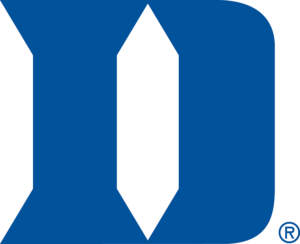 Duke
Duke 
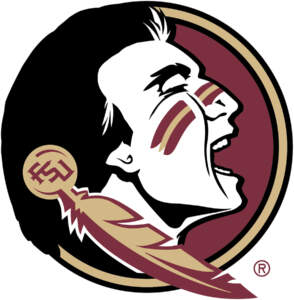 Florida State
Florida State 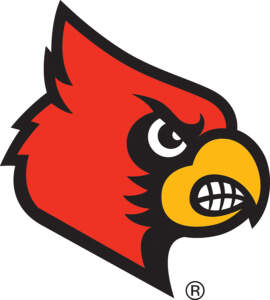 Louisville
Louisville 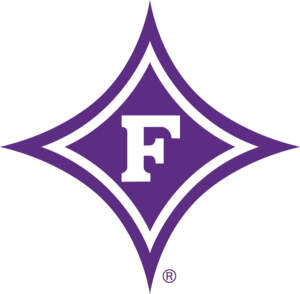 Furman
Furman 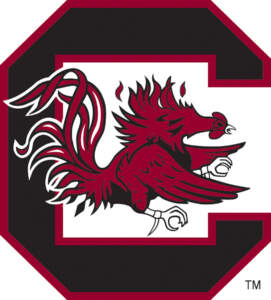 South Carolina
South Carolina  LSU
LSU 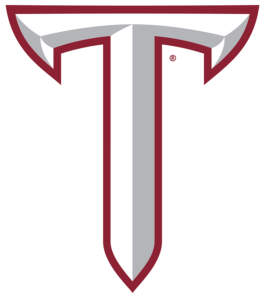 Troy
Troy 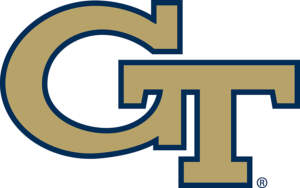 Georgia Tech
Georgia Tech  Syracuse
Syracuse 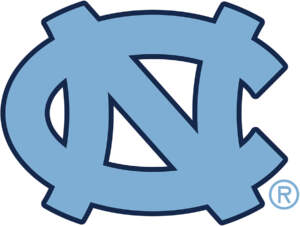 North Carolina
North Carolina  Boston College
Boston College 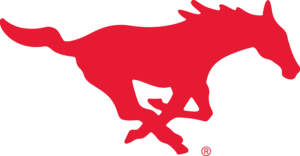 SMU
SMU 


